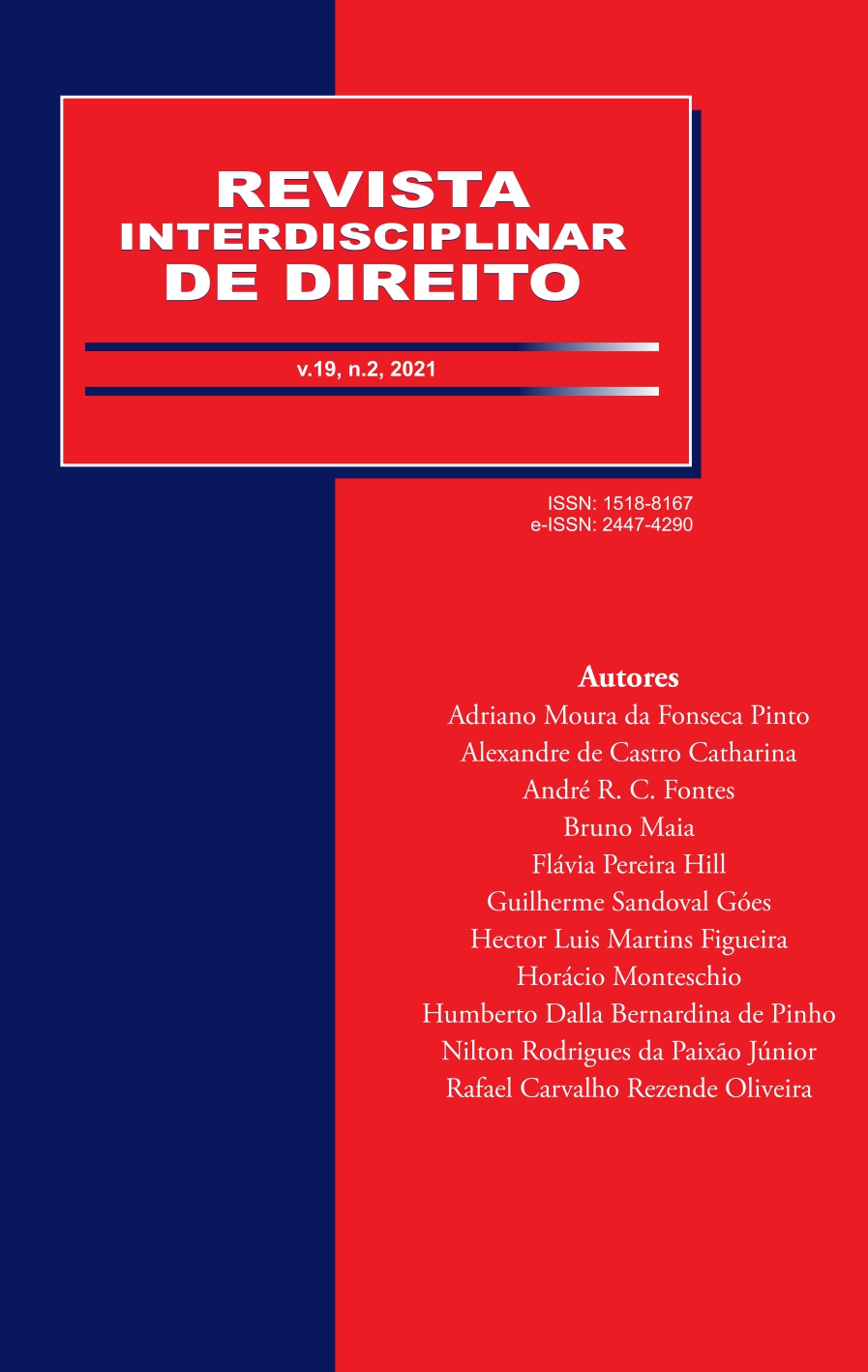Adaptação procedimental em tempos de pandemia: reflexões sobre os impactos da crise em nossa cultura jurídica processual
DOI:
https://doi.org/10.24859/RID.2021v19n2.1174Palabras clave:
Crise pandêmica, Adaptação do procedimento, Processo CivilResumen
O artigo tem como escopo analisar o tratamento normativo dado à adaptação do procedimento pelo Código de Processo Civil e como esta técnica processual vem sendo utilizada, no período de pandemia, para dar maior efetividade à tutela jurisdicional nos processos que demandam tratamento célere e diferenciado em razão natureza da causa. A partir da análise empírica de alguns casos, pretende-se investigar em quais casos a adaptação procedimental foi utilizada e se as normas fundamentais do direito processual civil foram resguardadas, em especial o contraditório-influência, na aplicação do instituto. A aplicação cooperativa da adaptação procedimental no período da pandemia pode contribuir para melhor assimilação desta técnica processual em nossa cultura jurídica e, como consequência, para maior efetividade do processo. O desenvolvimento do trabalho é apresentado em três partes. Na primeira parte será abordada algumas premissas teóricas acerca do tema objeto do estudo. Na segunda parte serão analisados empiricamente os casos que compõem a amostragem. Na terceira e última parte será analisado o impacto da adaptação procedimental, no período da pandemia, em nossa cultura jurídica processual. Concluiu-se, portanto, que as adaptações realizadas no período da pandemia evidenciaram o instrumentalismo processual, de matiz publicista, que estabelece uma tensão com modelo cooperativo e democrático de processo proposto pelo Código de Processo Civil de 2015. A metodologia de pesquisa empregada no trabalho é qualitativa documental e a abordagem será hermenêutica.
















